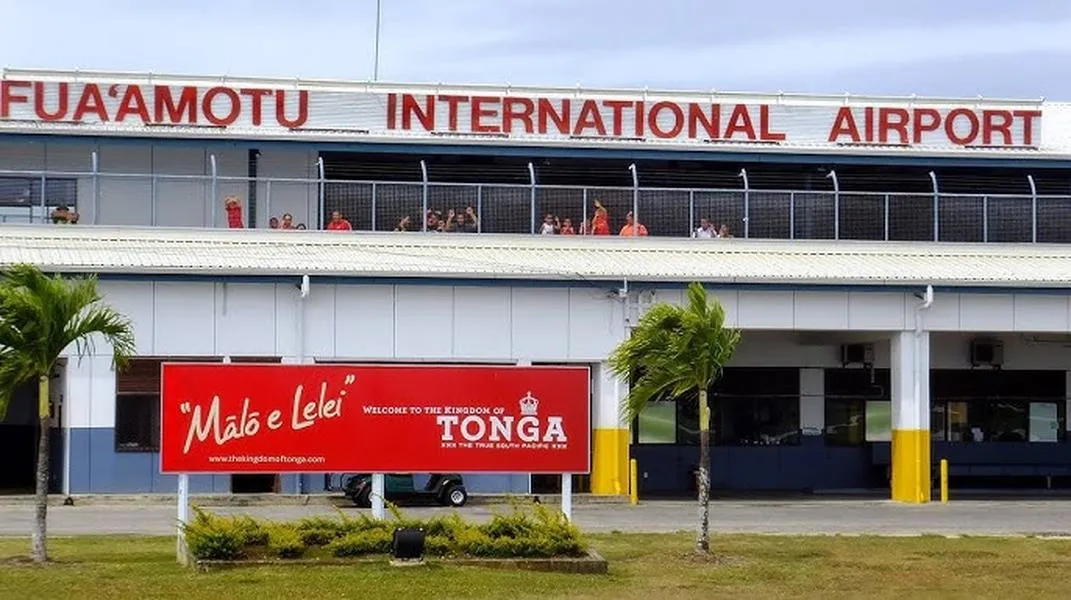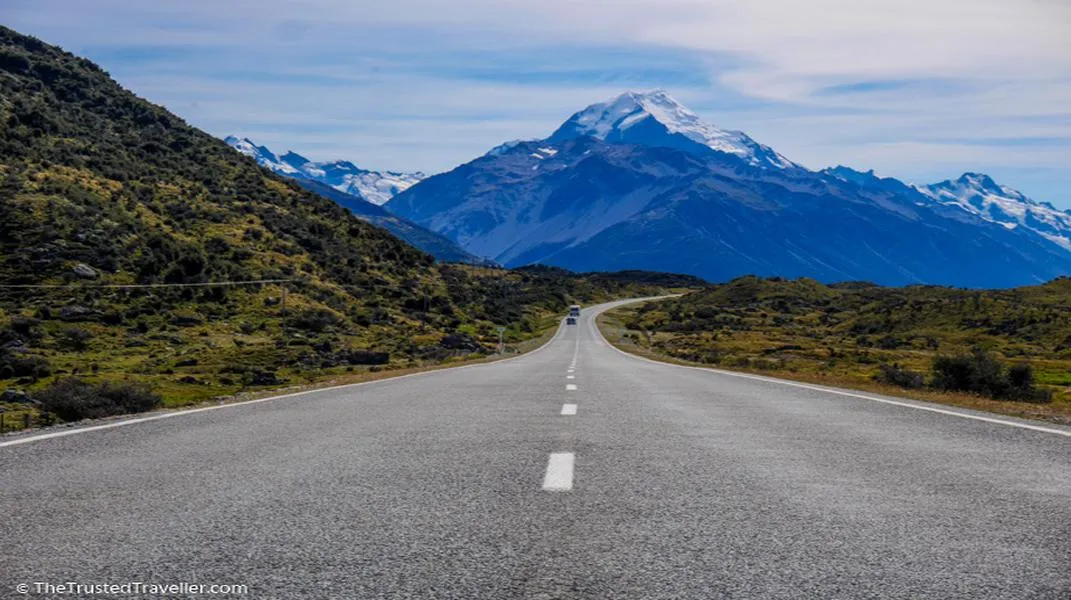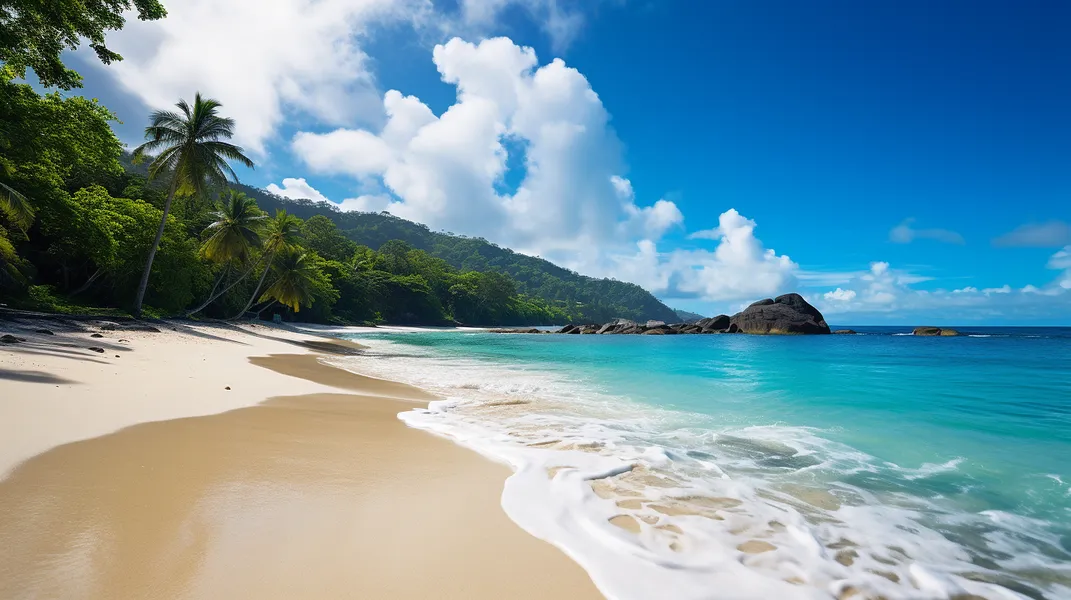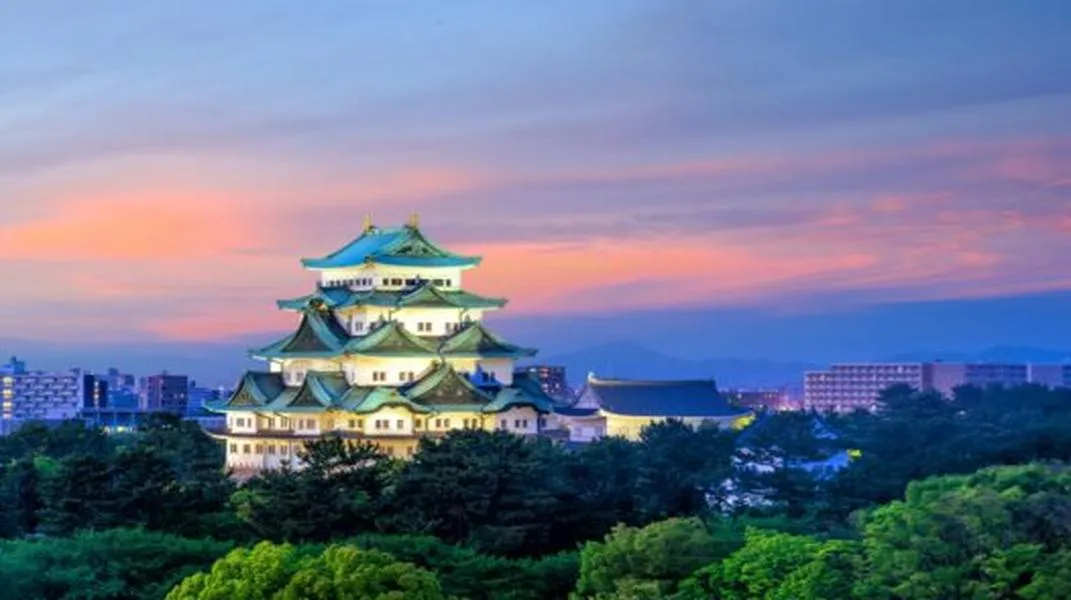Exploring the Enchanting Kingdom of Tonga: A Guide for Travelers
Nestled in the heart of the South Pacific, the Kingdom of Tonga is a captivating archipelago that offers a unique blend of natural beauty, rich culture, and warm hospitality. Comprising

Geography and Climate
Tonga is located roughly halfway between New Zealand and Hawaii, making it a strategically positioned gateway to the South Pacific. The islands are divided into three main groups: the Tongatapu Group, the Ha’apai Group, and the Vava’u Group. Each group boasts its own unique characteristics, from the bustling capital city of Nuku’alofa on Tongatapu to the idyllic beaches and vibrant coral reefs of Vava’u.
The climate in Tonga is tropical, with warm temperatures year-round. The dry season typically runs from May to October, while the wet season spans from November to April, characterized by occasional cyclones. The best time to visit Tonga is during the dry season, when the weather is pleasantly warm, and outdoor activities can be enjoyed without the likelihood of rain.
Key Attractions in Tonga
1. Nuku’alofa
The capital city, Nuku’alofa, is a vibrant hub of activity and culture. Visitors can explore the Royal Palace, which is the official residence of the Tongan monarchy, and the nearby Kingdom of Tonga's Parliament House. The bustling markets offer a chance to shop for local crafts, fresh produce, and traditional Tongan clothing. Don’t miss the chance to try local delicacies like ‘ota ika (raw fish marinated in coconut milk), palusami (taro leaves with coconut cream), and fresh tropical fruits.
2. Ha’apai Islands
The Ha’apai Group is renowned for its serene beaches and laid-back atmosphere. This group of islands is a perfect escape for travelers looking to unwind. The pristine beaches and crystal-clear waters are ideal for snorkeling, diving, and kayaking. One of the highlights is the island of Lifuka, known for its beautiful beaches and friendly locals. Visitors can also explore the historical sites, such as the ancient stone structures and the famous Ha’apai caves.
3. Vava’u Islands
The Vava’u Group is famous for its stunning natural beauty, making it a popular destination for sailing and whale watching. The islands are surrounded by picturesque bays, hidden coves, and vibrant coral reefs. The highlight of any visit to Vava’u is the opportunity to swim with humpback whales, which migrate to the area between July and October to calve. Many tour operators offer whale-watching excursions, providing a chance to experience these magnificent creatures up close.
4. Tongatapu
Tongatapu is the largest island in the Tongan archipelago and is home to several significant cultural and historical sites. The ancient burial mounds at the Royal Tombs and the famous Ha’amonga ‘a Maui trilithon are must-see attractions. The trilithon, often referred to as the "Stonehenge of the Pacific," is a massive stone structure with great historical significance. Additionally, visitors can explore the beautiful beaches of Tongatapu, such as the popular Ha’atafu Beach.
5. Cultural Experiences
Tonga is rich in cultural heritage, and visitors can immerse themselves in traditional Tongan life through various experiences. Attend a kava ceremony, where the local beverage made from the kava root is served, and learn about its significance in Tongan culture. Participate in a traditional feast known as a ‘umu, where food is cooked underground, and enjoy local music and dance performances showcasing the vibrant Tongan culture.
Preparing for Your Visit to Tonga
1. Travel Documents
Before embarking on your adventure to Tonga, ensure that your travel documents are in order. Most visitors require a valid passport, and many nationalities can enter Tonga without a visa for stays of up to 30 days. However, it's essential to check for any specific entry requirements based on your nationality before traveling.
2. Health and Safety Precautions
While Tonga is generally a safe destination, it’s wise to take standard health precautions. Consult your doctor about any vaccinations you may need before your trip. Common recommendations include vaccinations for hepatitis A and B, typhoid, and tetanus. Always carry a basic first-aid kit, insect repellent, and sunscreen to protect against the sun and insects.
3. Packing Essentials
When visiting Tonga, packing appropriately is crucial to ensure a comfortable and enjoyable experience. Here’s a comprehensive list of items to consider bringing:
- Clothing: Lightweight, breathable clothing is ideal for the tropical climate. Pack swimwear, shorts, t-shirts, and a light jacket for cooler evenings. Traditional Tongan attire, such as a sarong or pareu, can also be worn for cultural events.
- Footwear: Bring comfortable sandals or flip-flops for the beach, as well as sturdy shoes for any hiking or outdoor activities.
- Sun Protection: A wide-brimmed hat, sunglasses, and sunscreen with high SPF are essential to protect against the strong Pacific sun.
- Snorkeling Gear: While many tour operators provide snorkeling gear, bringing your own mask, snorkel, and fins can enhance your experience, especially if you plan to explore the underwater world frequently.
- Waterproof Bag: A waterproof bag is handy for keeping your belongings dry during beach outings or boat trips.
- Camera: Don’t forget a camera or smartphone to capture the stunning landscapes, vibrant marine life, and unforgettable moments during your trip.
4. Currency and Payment Methods
The currency in Tonga is the Tongan paʻanga (TOP). It's advisable to carry some cash, as not all places accept credit cards. ATMs are available in Nuku’alofa and other major towns, but it’s wise to have cash on hand for smaller purchases in remote areas.
5. Transportation
Tonga has limited public transportation options, so planning how you will get around is essential. Domestic flights and ferries connect the main islands, while rental cars, scooters, and bicycles are available for exploring individual islands. Taxis are also an option in Nuku’alofa for getting around town.
6. Language and Communication
The official languages of Tonga are Tongan and English. While most locals speak English, learning a few basic Tongan phrases can enhance your experience and show respect for the local culture. Simple greetings, such as “Mālō” (hello) and “Fa’afetai” (thank you), go a long way in establishing rapport with the locals.
Conclusion
Tonga is a hidden gem in the South Pacific, offering a unique blend of natural beauty, rich culture, and warm hospitality. From the vibrant capital of Nuku’alofa to the serene beaches of Ha’apai and the stunning marine life of Vava’u, Tonga promises an unforgettable experience for travelers seeking adventure and relaxation. By preparing adequately and immersing yourself in the local culture, you can create lasting memories in this enchanting kingdom. Whether you’re lounging on a pristine beach, swimming with whales, or participating in traditional ceremonies, Tonga is sure to capture your heart and leave you longing for your next visit.




